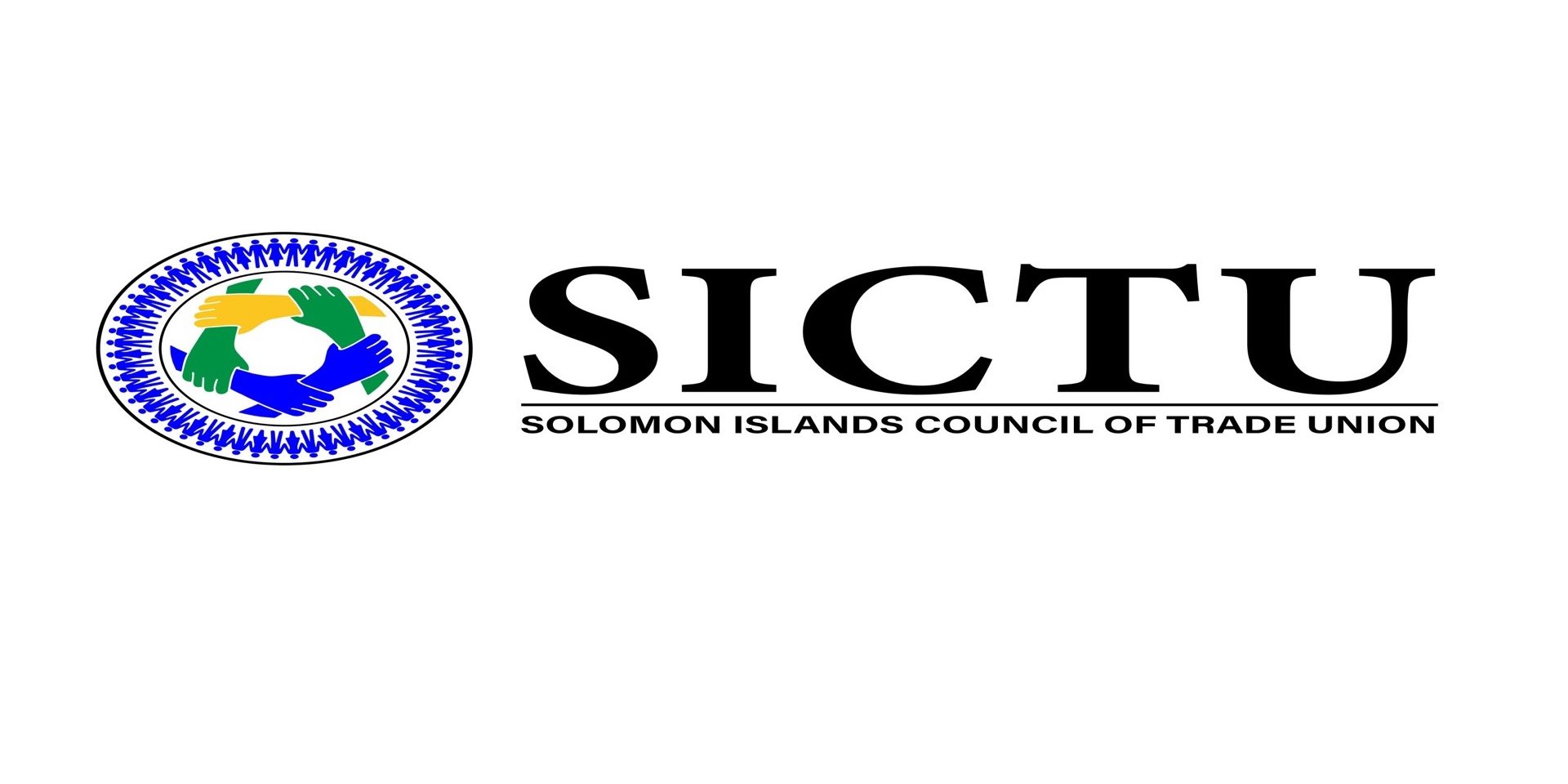THE Solomon Islands Council of Trade Unions (SICTU) stands firm in its commitment to advocating for the rights and welfare of workers across the nation.
“Today, we address a critical issue that has long plagued industrial relations: the unfair burden placed on workers when employers and other stakeholders discuss the rising costs of doing business.
“For too long, workers have been singled out as the primary contributors to company expenditures whenever they demand better working conditions,” SICTU said.
SICTU said this narrative is not only misleading but also unjust.
“It is time to shift the focus and acknowledge the broader systemic issues that significantly impact business operations and costs.
“While workers’ demands for fair wages, safe working environments, and improved conditions are legitimate and necessary, they are not the sole drivers of rising operational costs,” SICTU said.
Other critical factors, often overlooked, contribute substantially to the financial pressures faced by companies. These include:
- High government service costs and taxation policies that place undue burdens on businesses.
- Exorbitant power and water tariffs, which increase operational overheads.
- Poor public transport systems, forcing workers to incur high commuting costs and reducing productivity.
- Inadequate road infrastructure, leading to increased logistics and transportation expenses.
- Weak enabling infrastructures, which hinder efficient business operations and increase costs.
“These systemic challenges must be addressed to create a conducive environment for investment and development.
“Employers, policymakers, and other stakeholders must share the responsibility for creating sustainable solutions rather than placing the blame solely on workers,” SICTU said.
SICTU calls for a paradigm shift in how industrial negotiations are conducted.
“Future discussions must be data and statistics-driven, focusing on evidence-based solutions that address the root causes of high operational costs.
“Employers and companies must recognize that workers’ demands for better conditions are not the problem but rather a reflection of the need for a fair and equitable working environment,” SICTU said.
SICTU urge employers to:
1. Acknowledge the broader factors contributing to high business costs and work collaboratively with unions and the government to address them.
2. Adopt transparent and data-driven approaches in industrial negotiations to ensure fair and informed decision-making.
3. Invest in improving workplace conditions as a long-term strategy to boost productivity and employee satisfaction, which ultimately benefits businesses.
SICTU also calls on the government to:
1. Review and reduce service costs and taxes that disproportionately affect businesses and workers.
2. Invest in critical infrastructure such as roads, public transport, and utilities to create a more enabling environment for businesses and workers alike.
3. Engage in meaningful dialogue with unions and employers to develop policies that support sustainable economic growth and fair labor practices.
Workers are the backbone of our economy, and their well-being is integral to the nation’s progress. It is time to move beyond the outdated narrative that blames workers for rising costs and instead focus on addressing the systemic issues that hinder our collective growth.
SICTU remains committed to working with all stakeholders to create a fair, equitable, and prosperous future for workers and businesses in the Solomon Islands.
“Enough is enough. Share the blame. Share the solutions,” SICTU said.









